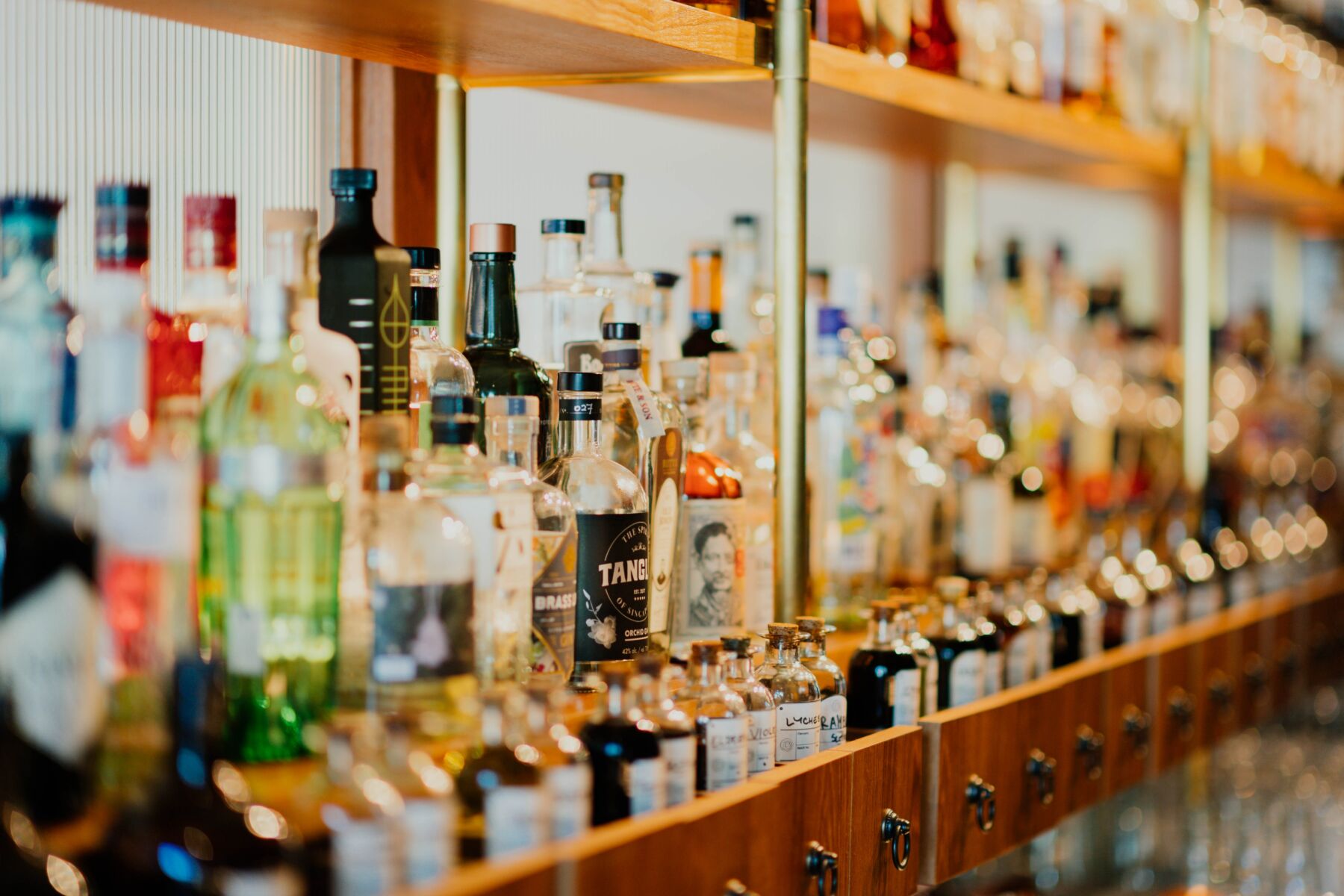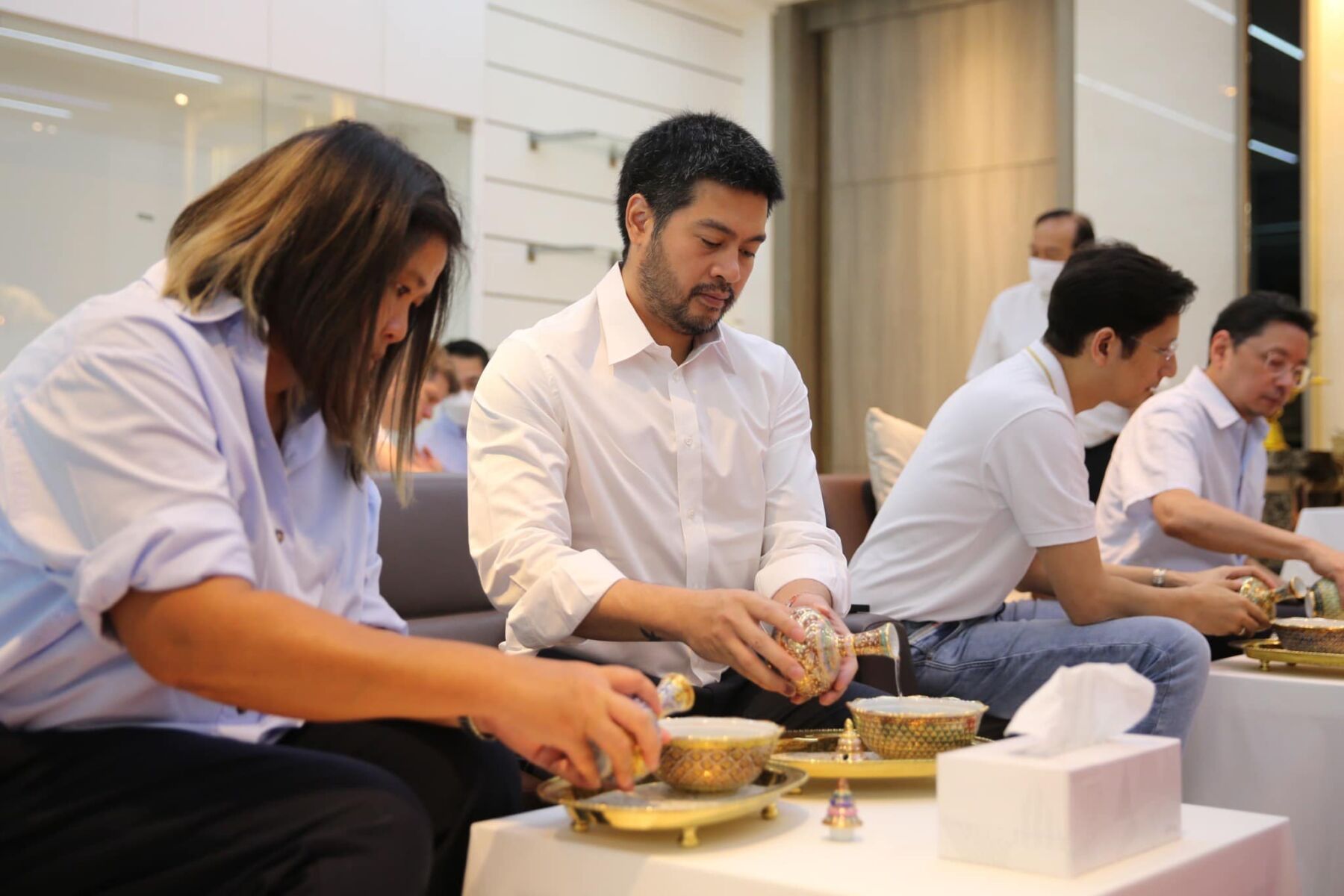Thai parties push for Progressive Liquor Bill to boost local alcohol production

The Progressive Liquor Bill, which aims to create fairer rules for small and community-based alcohol producers in Thailand, resurfaced in public discussions after being mentioned in a memorandum of understanding signed by eight parties looking to form a coalition government. The bill, proposed by the Move Forward Party (MFP), narrowly lost approval in the House of Representatives last year by two votes.
The legislation seeks to amend Section 153 of the Excise Tax Act of 2017, making it easier for small and local brewers and distillers to register for a licence. The proposed changes would remove requirements that have been criticised for favouring large producers and preventing small and medium-sized enterprises from entering the market.
Piti Bhirombhakdi, board director of Boon Rawd Brewery, one of the two largest players in the Thai alcohol industry, expressed his support for the bill on his Facebook account. He stated that although the bill may have some impact on Boon Rawd, the company agrees with the concept of liberal trade and has faced competition since its establishment.

The market value of alcoholic drinks in Thailand was valued at 473 billion baht in 2020 and is expected to grow annually by 5.23% from 2023-27. The local beer industry’s duopoly controls a 92% market share, according to Krungsri Research in 2022.
MFP leader Pita Limjaroenrat told representatives from the Thai Craft Beer Association that the bill could be implemented in the first 100 days of an MFP-led government. The amendment forms part of the party’s economic policy to generate income and distribute wealth more equitably by turning farm output into value-added products and conserving local wisdom.
The Pheu Thai Party, which along with the MFP controls the bulk of the seats in the proposed coalition government, has its own bill to support local producers. Pheu Thai’s “Liquor for the People” policy aims to open up the beer and spirits industry to smaller players and end the market oligopoly.
As both the MFP and Pheu Thai agree on unlocking competition in local alcohol production, there is a high likelihood the law will be amended in the next legislative session given the narrow defeat last year, reported Bangkok Post.
In South Korea, the alcoholic beverages market was worth US$25.2 billion in 2022, according to Expert Market Research. In Japan, one of the largest liquor markets, the market is expected to record a value of US$122 billion this year, with spirits making up US$67.6 billion, according to Statista.
Latest Thailand News
Follow The Thaiger on Google News:


























